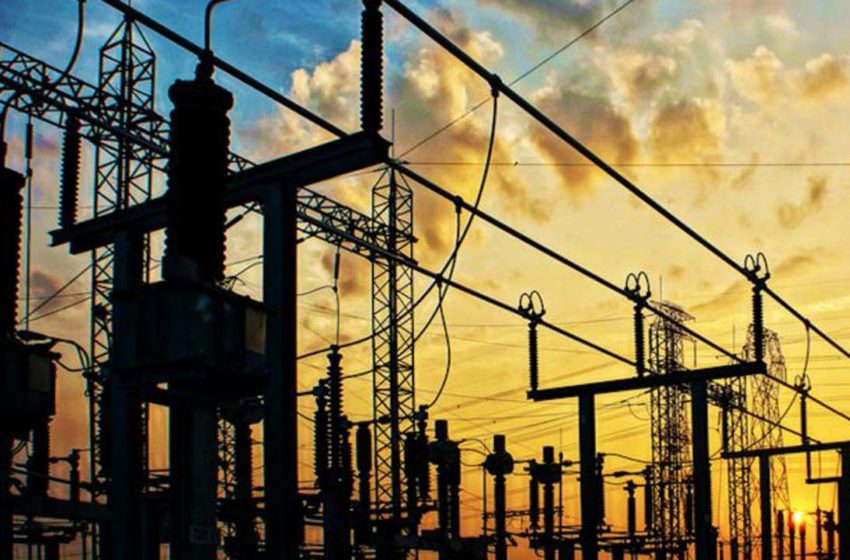Nigeria’s Power Woes Cost Economy $26 Billion Annually, Report Reveals

National Grid
Nigeria’s ongoing power issues are draining the economy of an estimated $26 billion each year, as highlighted in Standard Bank’s Africa Trade Barometer report.
The report also shows that businesses in Nigeria are spending nearly $22 billion annually on off-grid fuel to counteract unreliable electricity, pushing up operational expenses.
“In Nigeria, surveyed businesses must contend with a national grid that frequently collapses as it fails to meet a daily peak demand which is nearly four times its generation capacity. Economic losses arising from Nigeria’s electricity shortages are estimated to be USD 26 billion annually, without accounting for spending on fuel for off-grid generators, which is estimated to be a further USD22 billion.”
Electricity supply has been pinpointed as a major hurdle for business operations in Nigeria and other African markets.
The report explained that frequent power outages cause significant disruptions, halting production, compromising the quality of temperature-sensitive products, interrupting water supply, and affecting essential telecommunications that support payment systems. These power issues directly lead to lost sales and reduced revenue for businesses.
“Across the 10 African markets, power supply infrastructure remains the most severe obstacle to surveyed businesses’ operations. It is reported as one of the most poorly perceived infrastructural attributes as well as the one presenting the most severe obstacle to business operations.
“Blackouts cause a downtime of production, risk the quality of goods that require controlled environments, impact water supply, and affect telecommunications infrastructure which businesses may rely on for payments. The result is reduced sales and income,” the report read.
To tackle these issues, the report highlights the need for a diversified energy approach to reduce the heavy reliance on the national grid. It recommends policy measures to stabilise electricity generation and attract investments in renewable energy.
Key Facts
The Association of Power Generating Companies (APGC) recently reported that the national grid has collapsed 162 times over the past 11 years.
On October 19, the national grid suffered its eighth collapse of 2024, with the first failure occurring on February 4.
Since the removal of electricity subsidies for Band A customers, Power Minister Adebayo Adelabu announced that the government has saved around N1.4 trillion per year.
Yet, the power sector continues to face substantial obstacles. Persistent underinvestment, ageing infrastructure, and financial constraints have limited DisCos’ ability to meet the growing consumer demand effectively. Many DisCos struggle with insufficient funding to upgrade networks, enhance metering systems, and minimise power losses, making it challenging to deliver reliable and high-quality service to consumers.
President Tinubu’s administration is committed to tackling these longstanding issues through its reform agenda. Minister Adelabu has confirmed that the government intends to phase out subsidies entirely and introduce tariffs reflecting the cost of electricity generation and distribution.
The reform strategy also includes plans to draw private investment into the sector to enhance capacity and service delivery.






